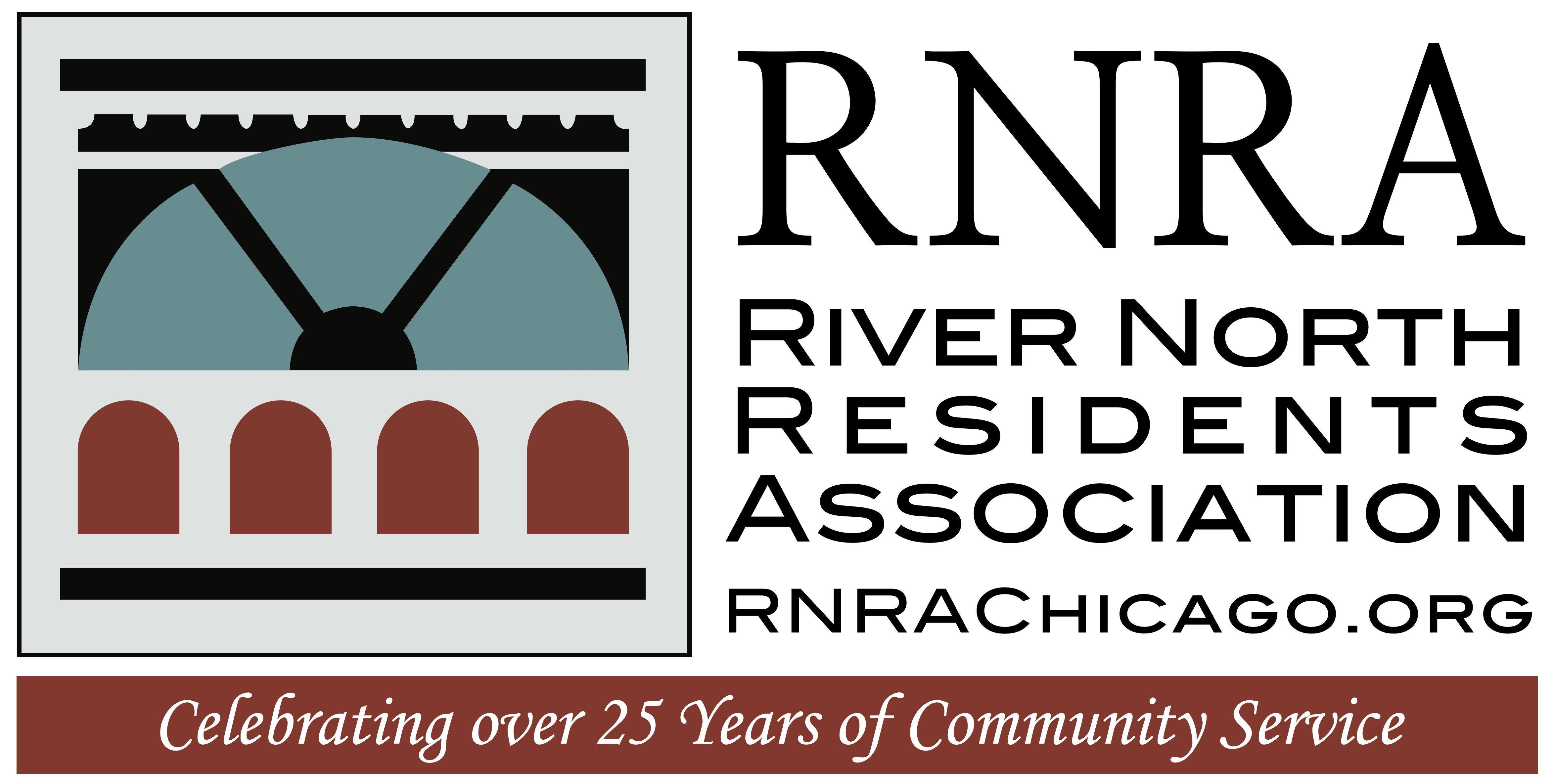
To print a copy, click HERE.
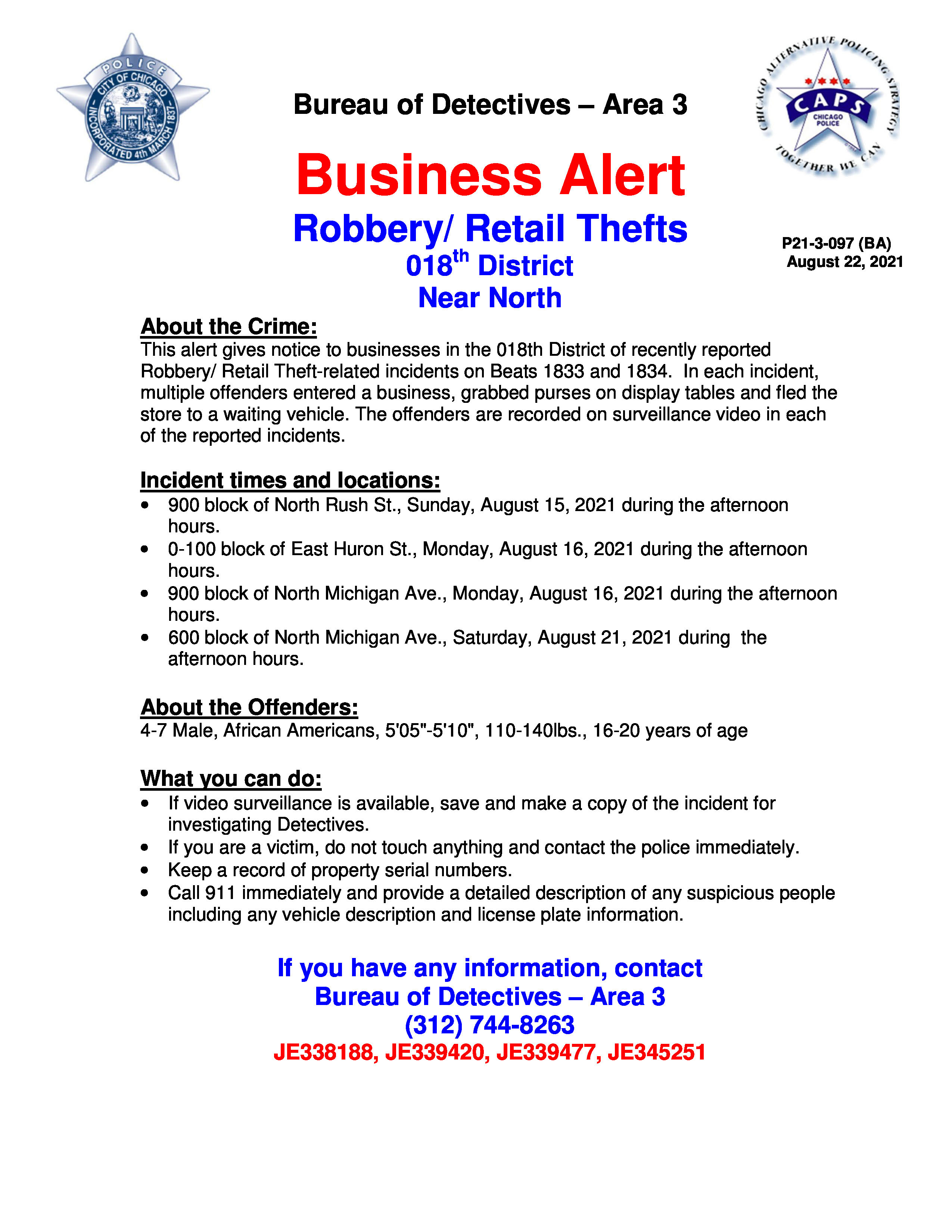
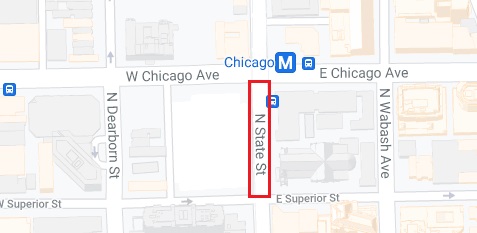
SummerDance EBLAST Aug 2021
Beginning on Monday, August 30, Power Construction will begin the removal process of the tower crane that was used throughout the construction project at One Chicago.
During that time, State Street will be closed between Superior Street and Chicago Avenue. Adverse weather conditions could extend this time frame.
Power Construction has committed to no truck staging on Superior Street during this time and will have personnel there for enforcement.
Please feel free to reach to the 2nd Ward office for any additional updates by emailing Ward02@cityofchicago.org or by calling (312) 643-2299.
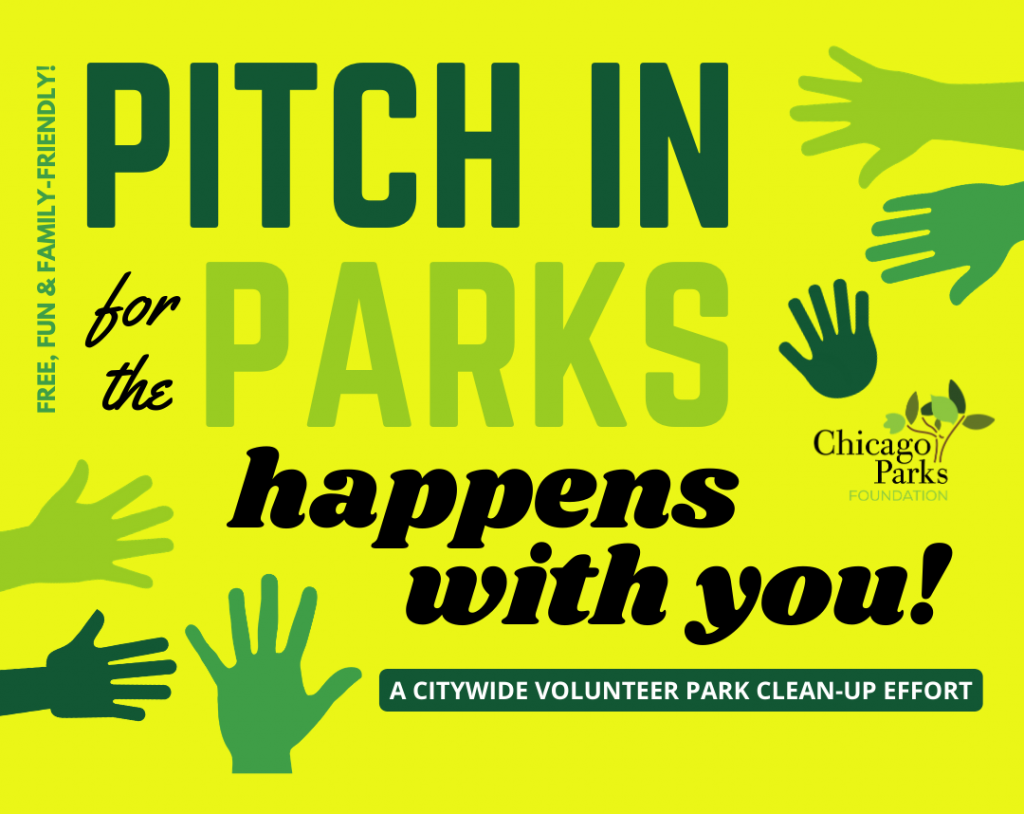
This summer, the Chicago Parks Foundation, in partnership with the Chicago Park District and local communities, is once again leading a citywide volunteer initiative to help keep our parks clean.
If we provide the volunteers, the Chicago Parks Foundation will provide clean-up supplies and safety guidelines to help support our park’s ongoing maintenance.
Join the RNRA in Ward Park on Saturday, August 28th, from 9:00 – 11:00 a.m. and help us “Pitch in for the Parks.”
Protective gloves, trash bags and tools will be provided. The Chicago Park District encourages everyone to follow the recommendations of public health officials from the Chicago Department of Public Health, the Illinois Department of Public Health, and the Centers for Disease Control and Prevention and continue to wear a face covering in crowded outdoor settings or in instances where social distancing cannot be maintained.
Children under 18 years of age must be accompanied by a supervising adult.
Registration is required.
Can we count on you to “Pitch in for Ward Park?”
Click here to register.
Source: Alderman Reilly Reports 8/6/2021
Alderman Reilly is extremely frustrated with the large groups of motorcycles and drag racers who continue to disrupt quality-of-life for 42nd Ward residents, and the lack of enforcement of Municipal Code and State of Illinois Vehicle Code Statutes.
The Alderman is pleased to announce he has co-sponsored a City Council Resolution (R2021-787) calling for the Committee on Public Safety to hold public hearings with the Chicago Police Department, Deputy Mayor of Public Safety, and Chicago Department of Transportation to discuss dangerous drag racing and drifting and motorcycle noise.
The City Council Resolution was introduced at the Council meeting held on Wednesday, July 21. Please click here to be directed to the Council Resolution.
Since the Alderman took office, he has been committed to combatting motorcycle noise and dangerous drag racing and drifting, and has taken a number of steps to amend Chicago Municipal Code as well as local infrastructure to deter drag racing.
In 2014, Alderman Reilly secured City Council approval for his Altered Motorcycle Muffler Ordinance, which amended Municipal Code to allow the Chicago Police Department to issue citations for altered mufflers without cooperation and coordination with the Illinois State Police. In addition to improving the CPD’s ability to enforce Municipal Code, the amendment increased the fines for operating a motorcycle without a muffler from $100 to $1,000 per incident.
On July 24, 2019, Alderman Reilly secured City Council approval for his Drag Racing and Drifting Ordinance (O219-3944), which increases the fine for drag racing and drifting to no less than $5,000 and no more than $10,000 for each offense. The ordinance also establishes a $500 fine for operating a motor vehicle with an altered muffler within the City of Chicago.
In April 2021, the Alderman and several colleagues secured City Council approval for a new ordinance (O2021-363) which adds several issues to the list of Code violations punishable by impoundment of a vehicle. This new ordinance allows the Chicago Police Department to impound vehicles for the following offenses:
Throughout his tenure as 42nd Ward Alderman, Alderman Reilly has used the Aldermanic Menu to fund the installation of speed humps, curb extension, jersey barriers, and Police Department cameras to prevent dangerous drag racing and drifting. Additionally, the Alderman established a “No Cruising Zone” and late-night “No Parking/No Standing/No Stopping Tow Zone” along Lower Lower Wacker Drive, between Stetson and Field Boulevard.
If you witness dangerous driving or vehicles violating the noise ordinance, please call 9-1-1 in real-time.
Stay tuned to Reilly Reports for updates regarding the Council Resolution calling for public hearings with the Chicago Police Department, Deputy Mayor of Public Safety, and Chicago Department of Transportation to discuss dangerous drag racing and drifting and motorcycle noise.

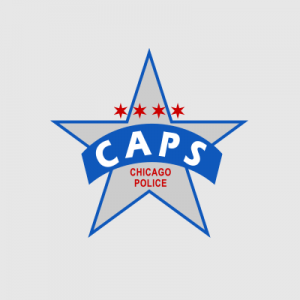
We encourage all residents to participate in the CAPS Beat Meetings.
To find your District & Beat, click HERE.
What is CAPS? CAPS stands for Chicago Alternative Policing Strategy. CAPS is a partnership between police and community that is the foundation of community policing. CAPS uses Beats to develop relationships between the community and the police.
CAPS meetings offer city residents an opportunity to address crime and safety issues directly with the beat officers who patrol their neighborhood, as well as to provide ongoing feedback, which help the police to monitor crime issues. The beat meeting is a chance to meet your neighbors and come up with strategies that affect the community.
_____________________________________________________________________
September Beat Meetings will be held via ZOOM. Click on he links below to access the Zoom information. All meetings are also posted on the RNRA Calendar of Events.
Beat 1821: September 23 (Thur) – 5:00 p.m. to 6:00 p.m.
Beat 1822: September 21 (Tue) – 5:00 p.m. to 6:00 p.m.
Beat 1831: September 28 (Tue) – 5:00 p.m. to 6:00 p.m.
Beat 1832: September 28 (Tue) – 6:00 p.m. to 7:00 p.m.
Beat 1833: September 30 (Thur) – 5:00 p.m. to 6:00 p.m.
Beat 1834: September 30 (Thur) – 6:00 p.m. to 7:00 p.m.
CLICK HERE to view the full 2021 shedule of District 018 CAPS Beat Meetings.
Other Resources for District 18
• Check https://twitter.com/ChicagoCAPS18
• Call 18th District CAPS Office at: (312) 742-5778
_______________________________________________________________________
For our RNRA Members who reside in District 12: The Zoom Link for the Beat 1214 meeting has not yet been posted by CPD. Please follow their Twitter account. It sometimes is not posted until a day or two before the meeting:
Beat 1214: September 15 (Wed): 6:00 p.m. to 7:00 p.m.
Other Resources for District 12
Dear RNRA Friends and Neighbors,
It is with a heavy heart that I must inform you of our decision to cancel the 2021 Taste of River North and issue refunds to all those who purchased tickets in advance.
On behalf of our board members and our Executive Director, Mickie Gordon, I would like to thank Duff Entertainment, theMART management team, and our valued sponsors, who have been working tirelessly to create an entertaining event at an exciting new River North location, River Park at theMART.
Despite everyone’s passion and dedication over the past few months, the inescapable fact is that much of our wonderful hospitality community has not yet recovered sufficiently from the pandemic and its consequences to their operations. Many River North restaurants would love to participate, but their depleted resources are understandably dedicated to keeping their businesses up and running as best as they can. Trying to accommodate a large public event is just not possible at this time.
In addition to the food service capacity challenges, we are also mindful of worrisome trends in the public health sphere with the rise of the more virulent “Delta” variant. We don’t know how serious this will get, or how city and state policies about large public gatherings may change in response, but the last thing we want is to inadvertently create health risks in our community.
We reached the difficult, but correct conclusion that we could not, in good conscience, move forward with this year’s event. The good news is that we remain enthusiastic about the prospect of holding the Taste of River North in this exciting new venue and pledge to continue working creatively to put on a safe and enjoyable event next year for our members, partners and guests.
I want to encourage everyone to patronize our local River North hospitality establishments and help them to regain their strength and momentum after the ordeal of the past year. Let me also express our deep appreciation, as always, for your steadfast support of RNRA. No matter what happens, we will get through this together and emerge a stronger, more vital community.
Sincerely,
Mike Riordan, President
River North Residents Association

Gilda’s Club Chicago invites you to
Gilda’s Night Out: Oktoberfest
Thursday, September 23 at 6:30pm
Tickets are now available:
Register Here
The City of Chicago Law Department recently filed a public nuisance disciplinary case against Eurostar Magnificent Mile Hotel, located at 660 North State Street, the details of which were reported in Reilly Reports on April 16, 2020.
Please click here to review the list of charges, which relate to specific incidents of public nuisance and noncompliance with COVID guidelines. These charges will be resolved via the Mayor’s License Discipline Commission (MLDC) at a “virtual” hearing.
The Rules and other information about the MLDC hearings being conducted on the Cisco Webex platform are available on BACP’s website. If you wish to stay up to date on the matter, please use the information below to virtually access the meeting on Wednesday, July 21, 2021 at 9:30 AM.
Join by Video
Meeting Number: 187 898 7568
Password: 1234
Join by Phone: (312) 535-8110
Access Code: 187 898 7568
Please continue to report any issues requiring immediate Police attention in real-time by calling 9-1-1.

















































